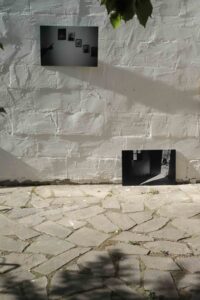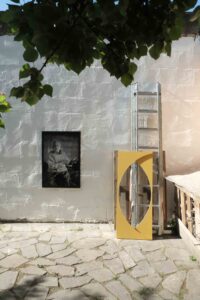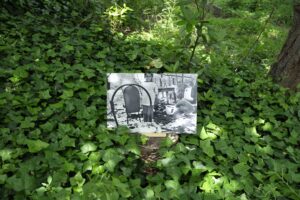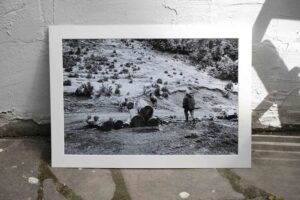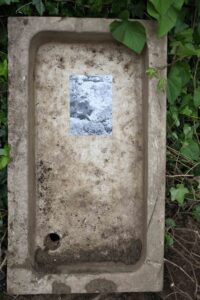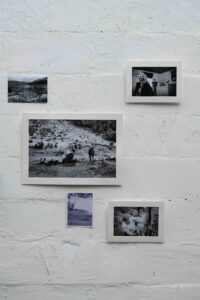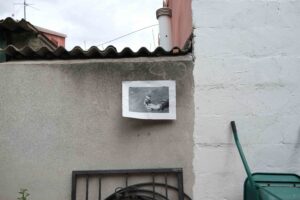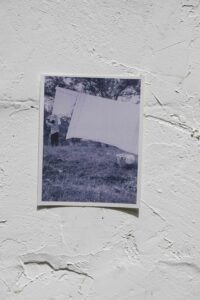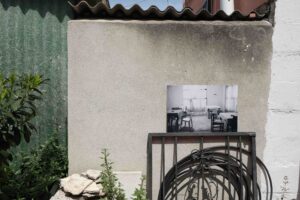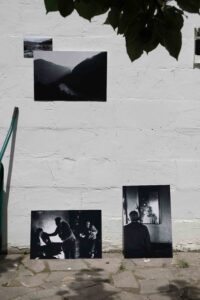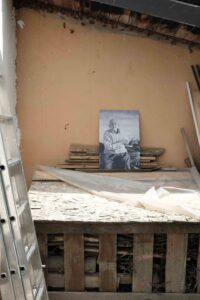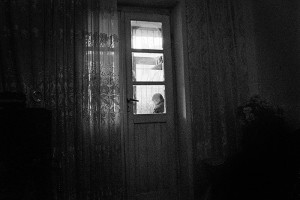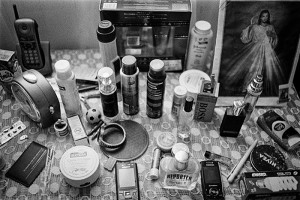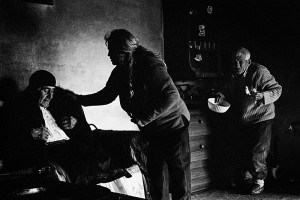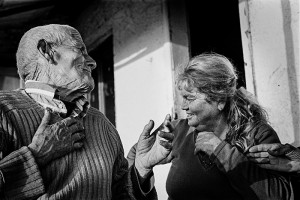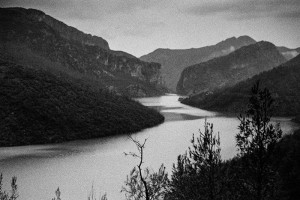A je Burrnesh(2011-2017) article 1228 – VIII. Sworn virgins (unmarried women who dress like men and carry arms): they are not distinguished from the rest of the women, but are allowed to take part in conventions but without the right to vote (from the Kanun of Lek Dukagjini)
a je – (vernacular) how are you? burrnesh – (vernacular) noun formed by burrё (man) + n–eshё (feminine suffix)
I started this work with the curiosity of those who leave in search of a treasure on an uncharted island. Albania was my island and the burrnesh my treasure. But who are the burrnesh? Women, sometimes still girls who, in their own clans, in an atmosphere in which the sense of duty was strongly fueled, were chosen to grow as men to cope with the absence of a male head of family, otherwise girls who, to avoid marriage or the consequences of its failure, but without muddying the good name of the family, simply give up on it, dressing men’s clothes and taking an oath of virginity. Traces about this story can be found in Lek Dukagjini’s Kanun of 1450, that contains moral and social norms and oral traditions stratified over the centuries that govern the life of the mountain people. “An unforeseen event in history, a sudden genetic change in society”,as the Albanian writer Eliana Leshaj says; the removed piece of a troubled story, for me. For seven years I have followed the path of some of them who have become a second family for me, only a little distant from the other. Fize and Gjin, Mark and Mol, older, belonging to a more distant era, have fully adhered to the role that history has assigned them. Gjystina, younger, has maintained an attachment to her identity more than her “mothers”, clinging to her real name. But this is only form, the substance has remained the same: a void filled by others and a truth so well hidden that it seems invisible. All the photographs were taken in analog between 2011 and 2017 among the city of Laç and Bajram Curri.
|

